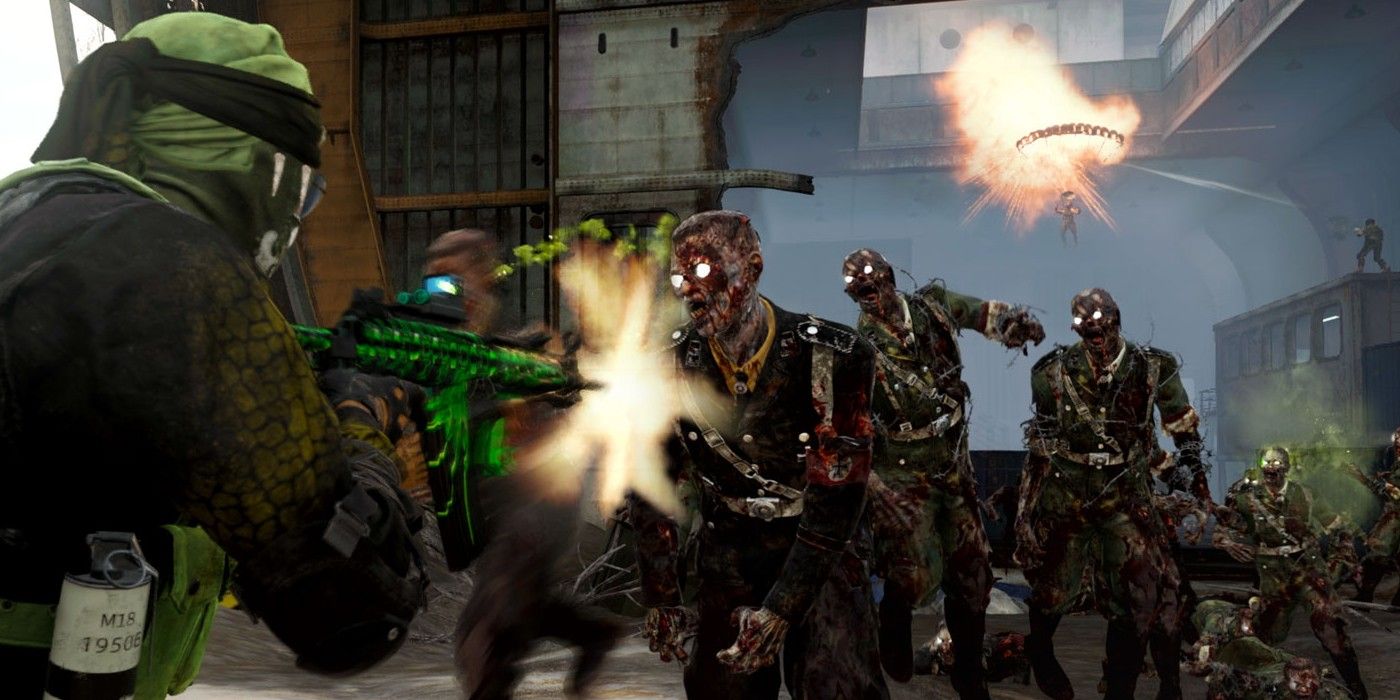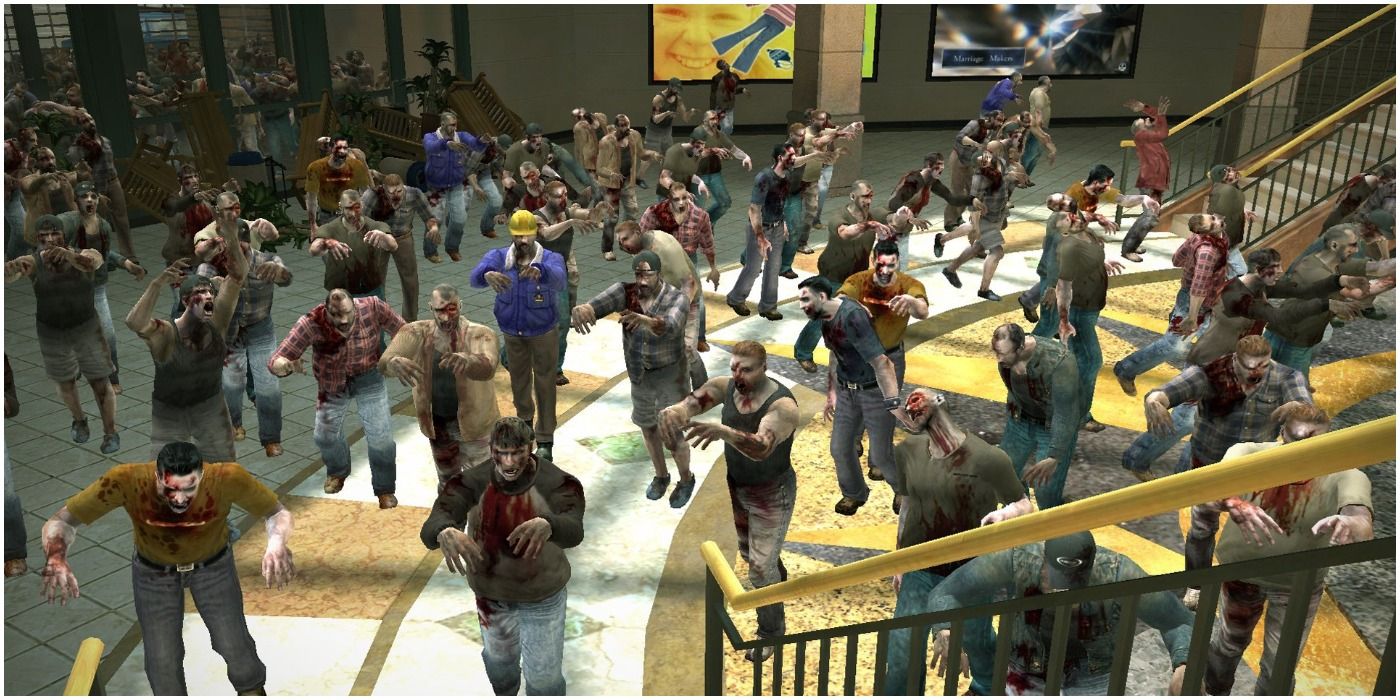Call of Duty, State of Decay, Dying Light - Gaming's Obsession with Zombies Explained

Mindless, moaning, and munching on brains, zombies have become as much a part of pop culture as driving a car while listening to music. The tradition started in Haiti as voodoo minions who'd lost control of their minds after drinking a strange concoction, forced to do the bidding of their master. However, it wouldn't be until the mid-1900s that society would see the ravenous hordes of flesh-eating monsters that everyone has come to love, with the release of George Romero's Night of the Living Dead. Since that fateful movie, zombies have shuffled their way to the forefront, with as many adaptations as there are individuals monsters in a horde.
Many have speculated that the zombie craze would die out every few years, with no real avail. As many times as people try to put this trend in the grave, it always seems to rise up in a new, more exciting incarnation. For example, one has to look no further than video game news and releases that have come in just the last few years. The Last of Us Part 2, the sequel to the hit game from Naughty Dog, brought players back into a world of fungus-based zombies, where stealth is the player's closest ally. In Dying Light, players use parkour and free-running abilities to jump and climb out of the creatures' reach, less they be quickly overwhelmed.

Why, amongst other trends that have come and gone, have zombies remained such a staple in gaming culture? On the developer side, it's actually pretty simple. Gamers will always come back for more zombies, which translates into sales and profit, and game developers recognize that. If they can come up with a unique spin on the classic genre, then they're guaranteed to make some money. For players though, the reasons can differ. Some may enjoy the ability to cut down their neighbors guilt-free, while others might enjoy an innovative take on taking down these monsters. Either way, these factors have fed that hunger on the part of the player and the developers for some time. Games that take advantage of both of these fields, like Dying Light, still has players killing zombies en masse five years out from its release.
That doesn't mean that players will immediately buy into any old rehashed zombie game, of course. There have been plenty of examples of duds that have failed because they were unimaginative or unable to do the few basic things expected from a good zombie game. One good example is 2013's The Walking Dead: Survival Instinct, which also had the added boost of being sponsored and cast by the biggest zombie TV show of all time, and yet it still fell flat. Zombies are tried and true, but they're definitely not a guarantee.

There is some joy, to be sure, in cutting down and smashing zombies without a care in the world. They may look and walk around like people but that only makes putting them out of their misery that much more of a mercy. Everyone's favorite mall-hopping zombie series takes full advantage of this. Dead Rising's best weapons help players exercise a wide variety of retail therapy against infected, but still annoying, mall inhabitants.
While many fans of the genre will sing the zombie's praises from the rooftops, there is a growing coalition of gamers that would like to see the industry move on and focus on other genres. Of course, there's nothing wrong with tradition either, as long as it gets a touch up every now and then. Some fans have even called for popular games like Call of Duty to breathe life into zombies in an effort to re-invigorate the genre, as the leaders in the zombie market. Nonetheless, they're not going anywhere anytime soon.

Post a Comment